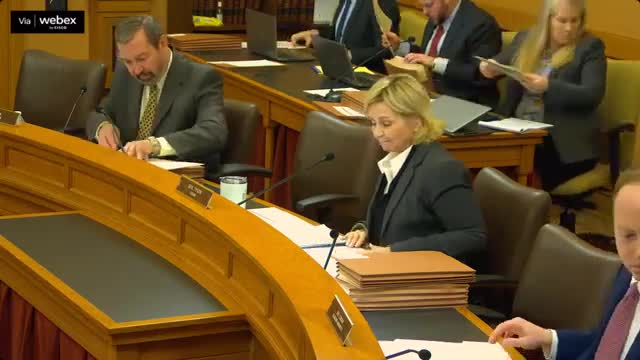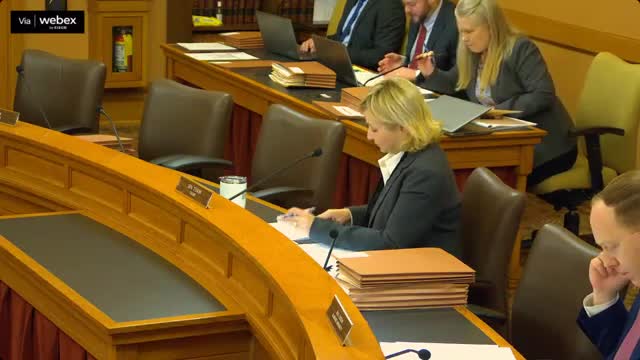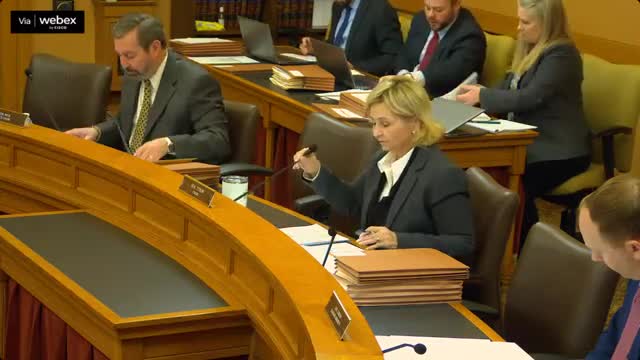Article not found
This article is no longer available. But don't worry—we've gathered other articles that discuss the same topic.

Panel narrows homestead property-tax relief: exempts Social Security, raises income and appraisal caps

Senate committee moves up property-tax mailing and certification deadlines, allows clerks to use prior budgets

